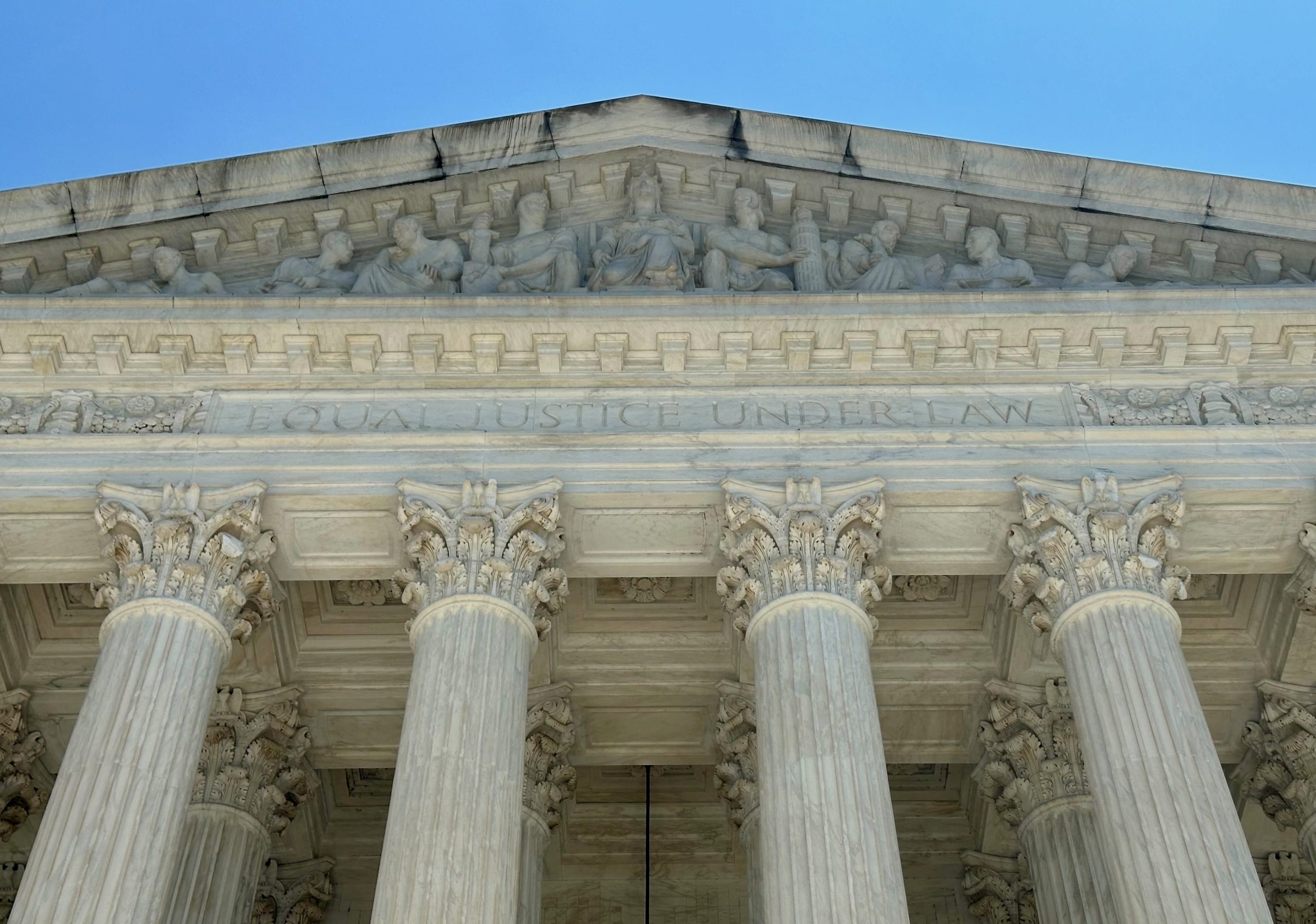CASE PREVIEW
Justices to consider ability to renew lawsuit after voluntary dismissal

on Jan 9, 2025 at 1:06 pm

Next week, when they return from their long holiday break, the justices will have, among other exciting matters, a dispute about the ability of a claimant to renew a lawsuit years after voluntarily dismissing it. The specific legal question, posed in Waetzig v. Halliburton Energy Services, is whether a voluntary dismissal (permitted under Federal Rule of Civil Procedure 41(a)) is the kind of “final judgment, order, or proceeding” that a federal trial court can revisit under Federal Rule of Civil Procedure 60(b), which in limited circumstances allows trial courts to reopen final judgments.
To understand why this question could matter, consider Gary Waetzig’s predicament. Formerly employed by Halliburton, Waetzig filed suit alleging age discrimination. When Halliburton pointed out that he had agreed to arbitrate such disputes, he voluntarily dismissed his suit under Rule 41. Under the rule, Waetzig was entitled to do that simply by sending notice, which brought the case to an end. The arbitration went forward, and when Waetzig lost in that venue, he returned to the federal trial court where he started to challenge the arbitration award.
The problem Waetzig faced was that by the time the arbitration proceeding was over, the statute of limitations for the alleged age discrimination had expired – so Waetzig couldn’t refile his original age discrimination lawsuit. And he couldn’t file a lawsuit challenging the results of the arbitration directly, because the Supreme Court had recently held that federal courts don’t have free-standing jurisdiction over a suit challenging an arbitration award.
So Waetzig instead asked the court under Rule 60(b) to grant relief from the previous order dismissing the case, on the premise that he once again had a reason to be in court. Although the district court refused to grant relief, the U.S. Court of Appeals for the 10th Circuit did. The Supreme Court agreed to review the case, apparently because of perceived differences in lower courts’ treatment of the problem.
Waetzig tries to present his position as a plain-language approach to the language of the two rules (41 and 60(b)), but I seriously doubt the justices will see it that way. First, he argues that the dismissal of his suit was “final” because it terminated his original proceeding. The problem with that argument, as Halliburton points out, is that the dismissal was “without prejudice,” meaning that the court left Waetzig free to refile his suit at any time. A dismissal that leaves the claimant free to return is not obviously a “final” disposition of the matter.
Second, Waetzig also needs to persuade the justices that the trial court’s original dismissal is a “proceeding” for purposes of Rule 60(b), which allows courts to revisit any final “judgment, order or proceeding.” The problem with that position, Halliburton emphasizes, is that under the relevant clause of Rule 41 the trial court did not do anything – the case was dismissed solely based on the notice Waetzig sent asking for a voluntary dismissal without prejudice. It is easy to see the justices rejecting Waetzig’s argument on that point as well.
Finally, aside from the differing positions about the language of the relevant rules, Halliburton leads with a jurisdictional argument – contending that the trial court was not just wrong to grant relief under Rule 60(b), but in fact wholly lacks the authority to hear the case. The key point here is that the relief Waetzig seeks is not what he sought in the initial complaint – relief for age discrimination – but rather rejection of the arbitration award. Halliburton contends that the district court’s jurisdiction under Rule 60(b) is limited to the jurisdictional foundation of the original complaint, which would not extend to the relief that Waetzig seeks now.
My guess is that the justices will be frustrated that Halliburton leads with a jurisdictional point that was not raised below or even when the justices decided to take the case. And I suspect it will consume a fair amount of the argument. I predict a lively interchange involving Justices Elena Kagan (the former federal courts professor) and Sonia Sotomayor (the former trial judge). Perhaps a step down in intensity from Friday’s arguments about TikTok.


